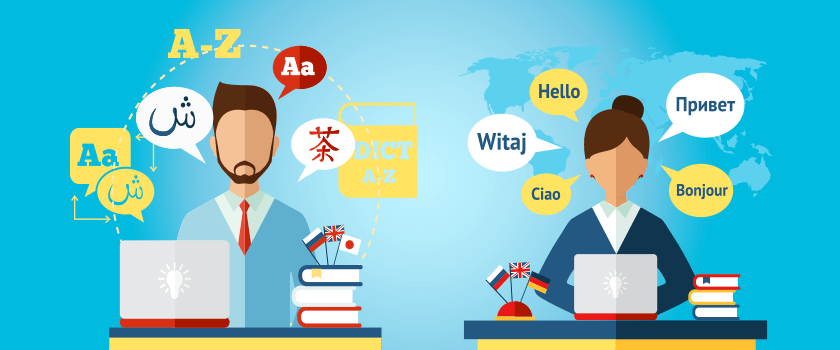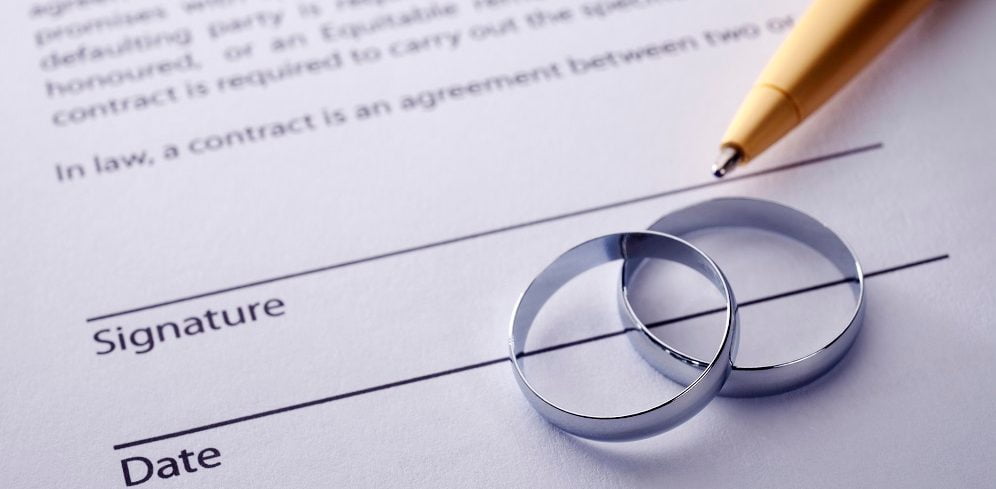In the world that we are living in today saturated with globalization due to free movement of resources, translation has transcended beyond language skills. The UAE is a highly multicultural and heterogeneous region where English serves as the principal language of business and diplomacy, thus translation is but one of such bridges that not only join languages but also worlds of knowledge. Germany and UAE have among other things signed tough commercial bonds in areas like engineering, pharmaceuticals, automotive and renewable energy thus the most demanded translation service in the region is German-to-English translation.
Why Does Cultural Subtleties Matter so much ?
It is rather impossible to over-emphasize on language and culture being inter-connected. In an attempt to explain this, the German language is identified to have precise words, a structured grammar, and logical sentences. Formal style frequently closely represents the value laid on hierarchy and professionalism in communication of the German culture. Strong contrast is English set abroad in international business circles in the UAE: very much to-the-point, international in its orientation, and destined to put the message down, as against laying it ornately. Literal translations only deal with words, and not the meaning that is carried across by these words. And here you have one German phrase: Ich verstehe nur Bahnhof. Without the cultural knowledge, such phrases might as well stand out as confusing, or even sheer gibberish, to an English-speaking target audience in the UAE, since the literal translation of the expression would be something like: I only know train station, when the real purposive meaning is: I do not understand at all. Also, the UAE audiences are not monolithic. The range of readers includes the Emiratis, expatriates of the entire Asian, European, and African continent, and international businesspeople, which means that their contents must be either culturally neutral or adapted to the culture of a highly diversified audience.
The Formality and Relevance Complication (And how to solve it)
Formal communication style in German therefore needs more special considerations. Whereas the German language has two forms of second person pronoun (formal and informal), the English language expresses these distinctions with the help of a tone, word usage, and sometimes syntax. It is particularly so when the translation concerns official documents and corporate or customer-facing communication, in which the incorrect choice of a tone can severely damage the trust and user experience.
German language also possesses these irritating gendered occupational titles that could cause confusion in the English translation. In a nation where inclusiveness and cultural sensitivities matter-the UAE- it gets quite essential to choose terms that are offensive to some extent or another and suitable to the local culture. Thus, it is essential that translators should move beyond the literal translation and take into consideration the social and professional context, in which their work is going to be integrated.
The process of translation can be complicated by special things such as humor, metaphors, allusions to current affairs or history. A snappy German tagline would most likely bomb or worse, cause offense, were it to appear in an advertisement in the UAE, as-is. Localization, in that sense, would imply making the message not only readable but natively feeling.
Curating a Blend between Accuracy and Localization
When it comes to targeting German-to-English translation services that are accurate, but at the same time practical in UAE, then surely, one must create a balance between exactness and localization. This implies that it should be adjusted rather than changed in terms of its purpose, thus the translated text can be natural in language and tone.
indeed, a good professional agency or a competent freelancer specializing in German to English translation for UAE will be able to observe this balance. Such an individual is not a translator of words; he or she is an interpreter of meaning, tone, and subtext.
Such a professional agency or such a competent freelancer offering German to English translation services to the UAE will, in fact, be capable of striking this balance. Such an individual is not a translator of words; he or she is an interpreter of meaning, tone, and subtext. We have German legal documents, consisting of long compound sentences full of passive forms and most unusual legal jargon, and to translate such a document into English, clearly in plain English, and at the same time not to lose the legal force of such document and not to offend the other party because of the local cultural set of values, is an acquired art learned through practice and through cultural immersion. Likewise, in marketing or healthcare communication translation, it must consider the way some messages will or will not resonate with some audiences in the UAE.
Human Expertise Is Still Relevant (What a Bugger)
As an AI and machine translation tools become more prevalent, the question arises as to whether human translators are even needed anymore. The response is absolutely yes, particularly in the culturally-sensitive regions, such as the UAE. On the one hand, technology may enhance the most basic conversions to perfection, but on the other hand, it will be unlikely to relate to cultural overtones or emotional undertones or to suitability of context to a place. Quick AI translation might be quick, yet it does not establish communication that considers and appeals to either of the parties involved.
German to English translation aimed at UAE audience can be done by human translators who are ready to deal with such nuances. They realize, not merely as grammarian, but as those who look on language as a living cultural manifestation. This kind of insight guides them when they should strike a balance between vocabulary, syntactic construction and style in favor of improved reception.
Conclusion
No one has ever said that cultural nuance is optional in communicating in a globalized economy; it is a necessity. In German to English translation in the UAE, it would make the difference between your message being merely heard, or actually understood.
To the businesses, institutions and professionals who are engaged within Germany and the UAE in the negotiation processes, investing in culturally conscious translation is not just a matter of linguistic correctness, but a strategic decision of establishing credibility, trust and developing opportunities in such a multi-cultural and competitive market.


